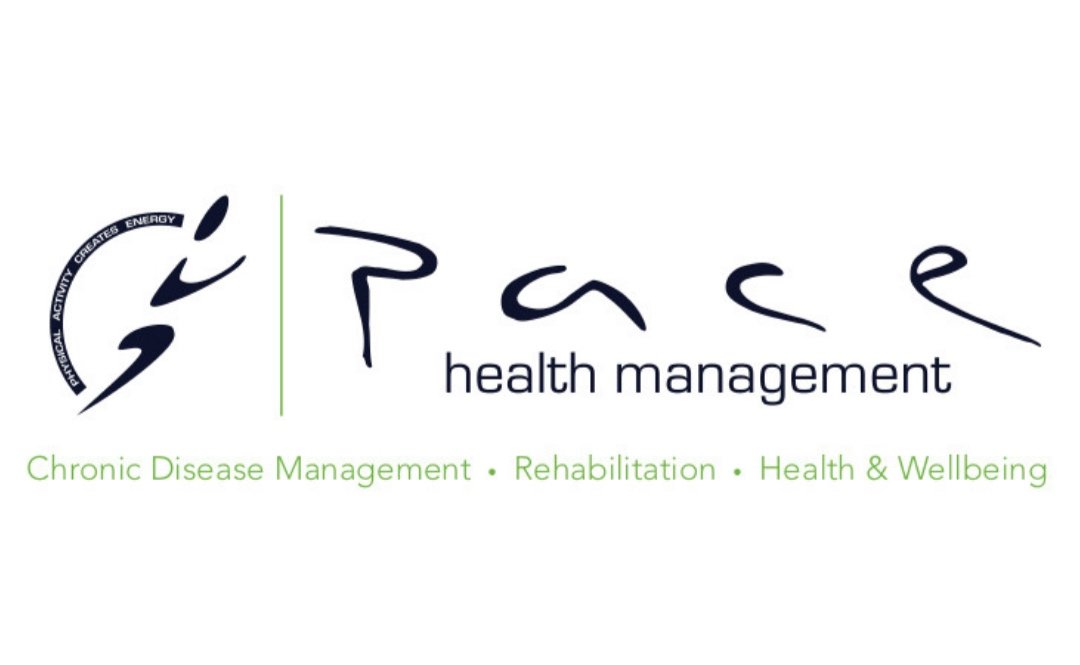Exercise & menopause: Why we need to move!
Menopause usually occurs between the ages of 45-55 and is characterised by a reduction in the hormone estrogen.
The symptoms can vary greatly between each woman, and unfortunately they can interfere with daily activity and quality of life. Commonly reported symptoms are hot flashes, mood changes, depression and anxiety, weight change, muscle and joint pain.
Menopause can pose an increase risk of chronic conditions such as type 2 diabetes, cardiovascular disease, cancer, and osteoporosis.
Evidence suggests that exercise is a useful intervention strategy for women before, during and following menopause to alleviate some of the hallmark symptoms – some of the benefits are explored below.
Changes in body composition and distribution are a main concern for women during the menopausal transition. Physical activity and an increase in lean muscle mass through resistance training may slow the rate of weight gain and be a protective factor in the accumulation of the harmful intra-abdominal fat.
Women in the menopausal transition are at increased risk of osteoporosis due to the reduction in bone mineral density. Regular physical activity in the form of weight bearing and resistance training produces a mechanical force to the bone which attenuates bone loss and improves musculoskeletal health.
Physical activity also has the benefit of protecting against depressive and anxiety symptoms which are also reported during menopause. Regular participation of exercise can instill positive mood, vigor and feelings of improved general and social well-being in women in menopausal transition.
Mixed evidence exists regarding the role of exercise in the management of hot flashes and night sweats. Physical activity may distract women from their hot flashes by mimicking the feelings of increased heat and sweating that is associated with a hot flash. As stress seems to be a main factor in hot flashes, the stress buffering effect of exercise may shift the nervous system away from the state of heightened stress to manage the hot flash.
Exercise really IS medicine!
